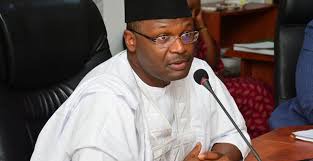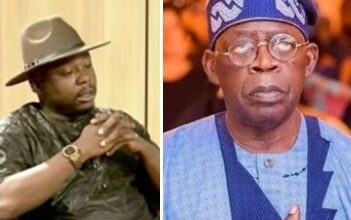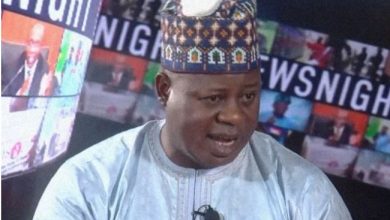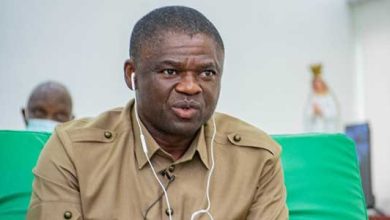INEC, CSO's tango over 2023 election report, coverage

According to The Guardian, INEC, Civil Society Organizations (CSOs), and their coverage of the 2023 election report have become a subject of controversy. The limited number of personnel deployed by CSOs has been identified as the primary reason for the controversy surrounding the reports. The issue lies in the fact that the CSOs covered only a fraction of the total polling units, raising concerns about the reliability, objectivity, and accuracy of their assessments.
According to data from the Independent National Electoral Commission (INEC), out of the 190 local and 34 foreign observer groups accredited for the elections, none of them deployed enough personnel to adequately cover the 176,606 polling units spread across the 36 states and Abuja. Some observer groups only sent a few observers to specific states, while others focused their efforts on a few select states, neglecting those with security issues.
Experts argue that for a comprehensive and objective assessment of such a massive electoral exercise, observer groups should cover at least 60% of the total polling units nationwide, which would amount to 105,963 polling units. However, the figures obtained from the observer groups’ submissions to INEC indicate that they did not conform to this standard.
The inadequate coverage by both local and international observer groups raises doubts about their ability to provide an overall, accurate and objective assessment of the 2023 general election. Each observer group should produce a report based solely on the areas they covered and refrain from making definitive statements as if they observed the entire country. However, some observer groups, particularly the Nigeria Civil Society Situation Room, have been vocal about the election and made statements as if they had comprehensive coverage, which is not the case.
The CSOs argue that their reports are credible and objective, based on statistical samples and information gathered from the field. They call on INEC to acknowledge the identified flaws and work on improving future elections, rather than seeking excuses for their failures. They also highlight the need to review the appointment process for electoral officers and address political interference and other issues affecting the credibility of elections.
On the other hand, proponents of INEC’s performance point out that despite numerous challenges such as cash shortages, fuel shortages, insecurity, and logistics problems, the election was conducted on schedule. They argue that the election’s credibility can be seen in the outcomes, where the current President lost in his stronghold of Lagos, the ruling party’s chairman lost in his constituency. Several governors failed in their bids for the Senate.
WealthyTemps (
)





